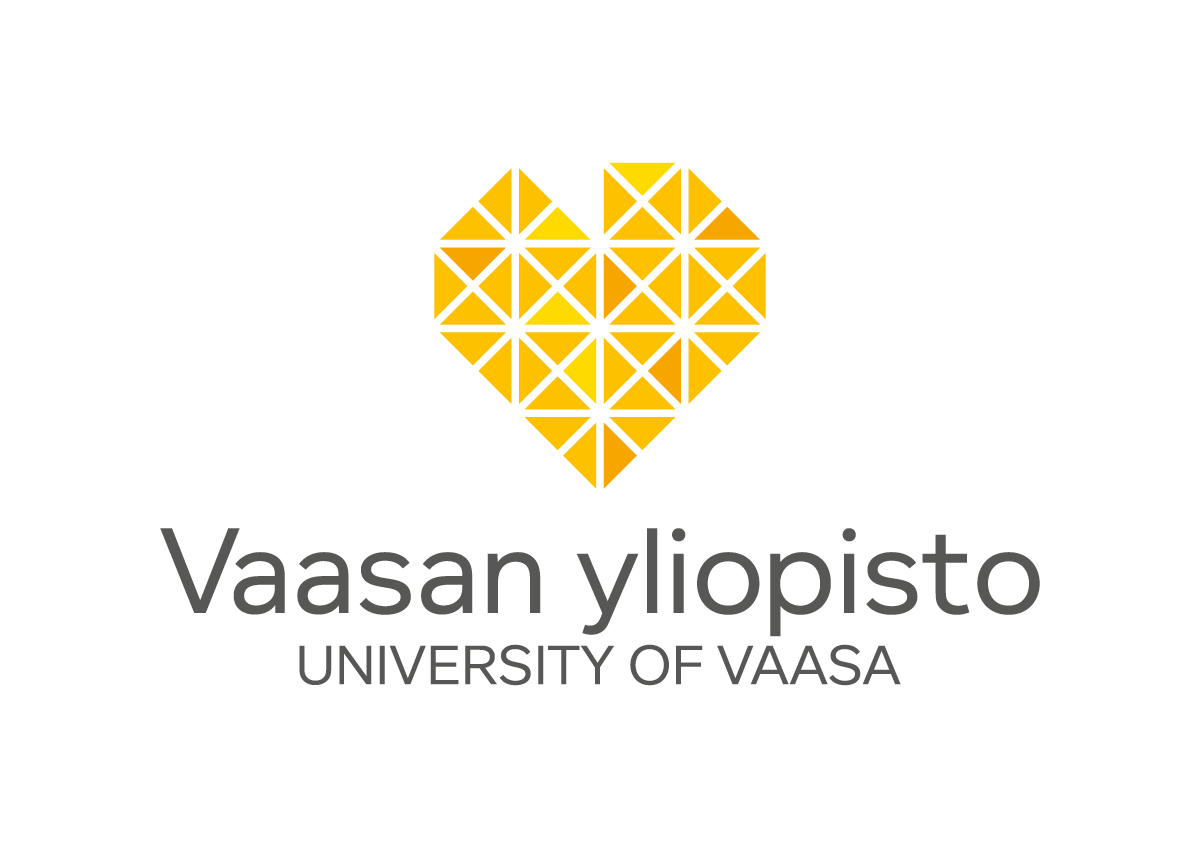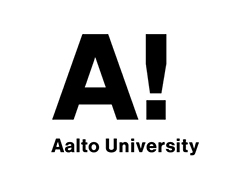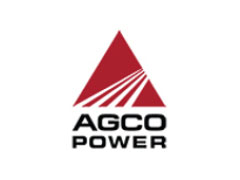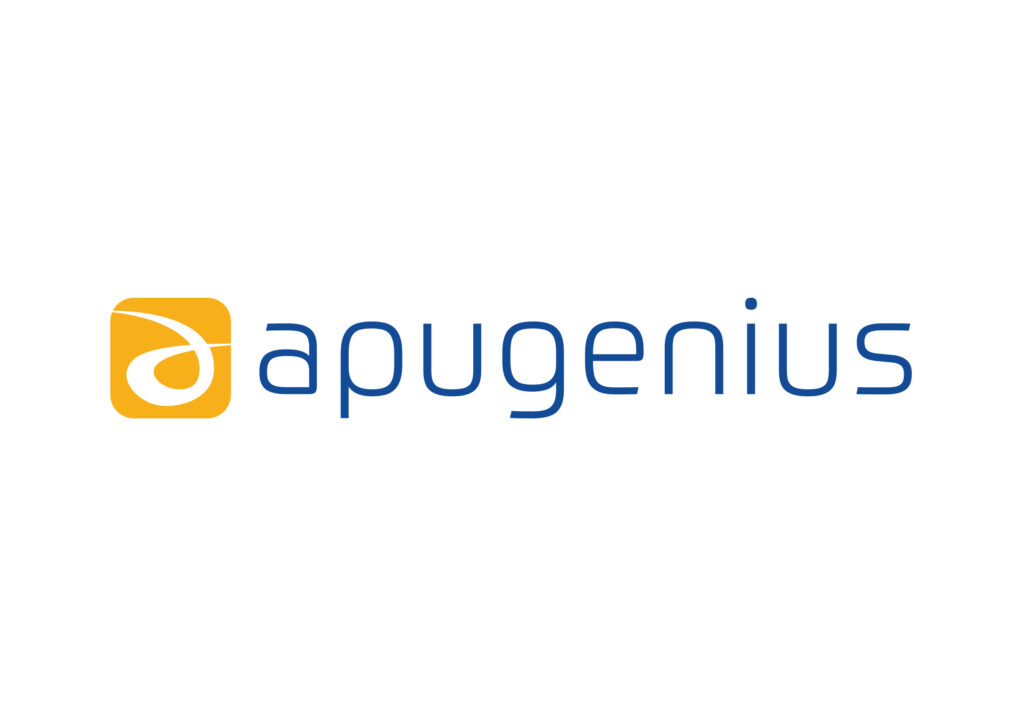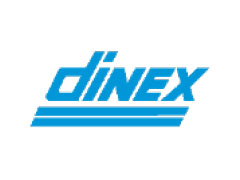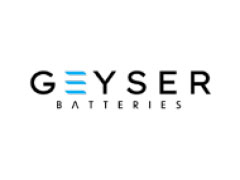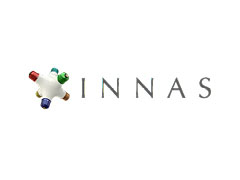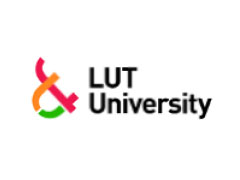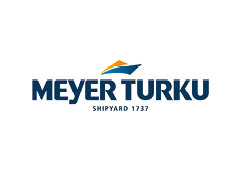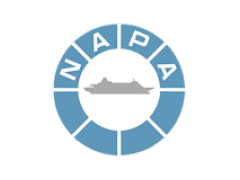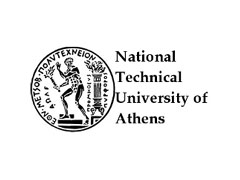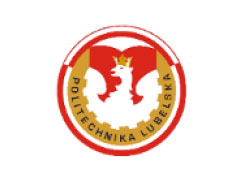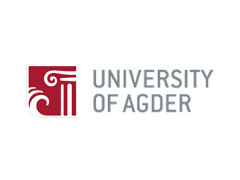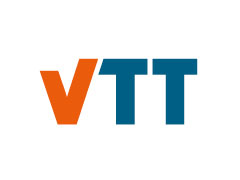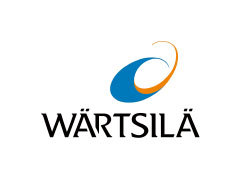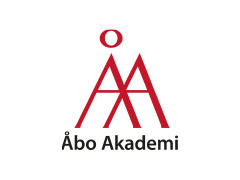World’s population is increasing, resulting in significant issues such as climate change and global warming. These issues damage the world’s environment, which is evident from the increase in the earth’s temperature in the last few decades. Pollution is one of the primary reasons for these issues, and emissions significantly contribute to pollution. System change is needed because system innovations can improve environmental performance to address these significant issues. This study used the multi-level perspective (MLP) as a framework to study these system transitions in the context of the shipping industry because it contributes 3% to the world’s emissions. There are three levels in the MLP model: macro, meso, and niches. Niches are the layer for innovations and new technologies, and meso level is the current regime, and the macro level is the external environment known as the socio-technical landscape. Multi-dimensional forces are acting as drivers for innovation and new technologies, and, similarly,these forces pressure regimes. Furthermore, different niche dynamics are also studied. PESTEL analysis and Delphi study is used for data collection. It was found out that environmental and political forces with the mediation of society and economy result in regulations. These regulations are driving technological development. Moreover, future alternative fuels for the shipping industry for the next 10 and 30 years are also discussed in the study.
